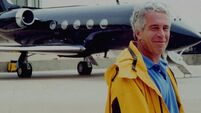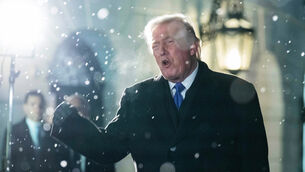Fighting rages ahead of ceasefire debate
Hezbollah guerrillas unleashed their deadliest barrage of rockets yet into northern Israel, killing at least 15 people, while Israeli bombardment killed at least 14 people in southern Lebanon as fighting only intensified despite a draft UN ceasefire resolution.
Hezbollah and its allies rejected the draft resolution, saying its terms for a halt in fighting do not address Lebanon’s demands, in a signal that the month-long battle will burn on.














